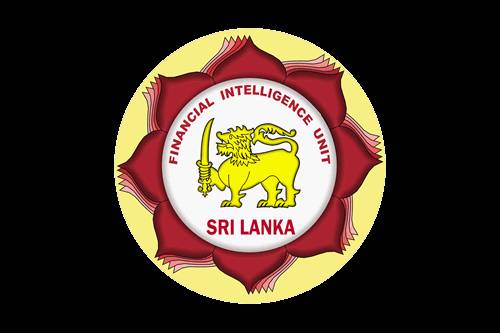Sri Lanka has instituted a comprehensive domestic regulatory and supervisory regime for banks and non-bank financial institutions and other financial agencies that provide formal or informal services for the transmission of money or value and other bodies particularly susceptible to money-laundering.
The country’s Financial Intelligence Unit (FIU) has been kept on alert as a priority task given the country’s recent experience in battling a sophisticated extreme fundamentalist terror organization, official sources said.
Sri Lanka monetary authority is investigating in to certain financial institutions banks compliance with anti-money laundering (AML) laws following allegations of suspect overseas money transfers and investments.
The investigation stems from an inquiry into whether the several foreign institutions and investors facilitated money laundering, including through interbank payments while expanding the scope of the probe to examine the lender’s reporting of suspicious transactions and other potential misconduct.
In the recent past details of several such suspicious transactions have been come to light following the Easter terror attacks two months ago.
UNP MP and chairman of the sub-committee on higher education, Prof. Ashu Marasinghe revealed that Rs. 3,6 billion project was .being funded by a foreign investor to start a village-level training centre in Batticaloa.
The land had been given to the Hira Foundation at just Rs. 491,200 lease payment per year. The Foundation had failed to make payments from 2013 to 2017, but made the payment in full in 2018.
However, later it was claimed the funds were foreign aid and thereafter another claim was made that this institution was funded by an interest-free loan to the Hira Foundation.
The MP said that upon investigation, they found all the funds from overseas had been received to the account of Batticaloa Campus Pvt Ltd.
The Hira Foundation initially said this was a grant, and then they said it was given as a loan without interest. In addition, 90% of the shares of Batticaloa Campus Ltd is also under the Hira Foundation, he disclosed.
The money, which has been deposited in 2016 and 2017, remains in the account, he claimed.
However giving a statement to the police unit of the presidential commission probing corruption and fraud at state institutions, manger of the investigation division of the Bank of Ceylon (Head Office) Janak Prasanga confirmed that no such money from Saudi Arabian party had been credited to the account of this institution being maintained at BOC Kollupitiya branch.
In another startling revelation Depositors Association of F&G Group of Companies has exposed suspicious financial transaction made by the new investor who stepped into resurrect the now defunct company.
The Association has sent a letter with all relevant details to the Central Bank, Inland Revenue Department, the FCID and the Bribery or Corruption Investigation Commission for further investigations and necessary action, a front line member of the association said.
The new investor ZRA Holdings (Pvt) Ltd has deposited Rs. 325 million in fixed deposit at a leading bank in Colombo on 25September, 2018; he said adding that they came to know recently that the money has already been withdrawn.
Mohamed Siddik and Abdul Sameen Mohammed are the directors of this company, he pointed out noting that they have deposited money as proof of funds to take over the company.
The FIU may be investigating in to this transaction; a senior Central Bank official said adding that investors should prove the source of fund, their income and other details under the present set up.
Although long-standing customers may be laundering money through an investment business it is more likely to be a new customer who may use one or more accounts for a short period only and may use false names and fictitious companies, banking sector sources said.
Transparency International Sri Lanka warned that Sri Lanka stands the risk of being further labelled as a country with a flack record of money laundering and terrorist financing.
The international watchdog was prompted into making this statement in the aftermath of the sketchy details being revealed by the government, on the proposed US$ 3.85 billion oil refinery project in Mirijjawila, Hambantota.
One must only recollect the Volkswagen Factory Saga and of course the Central Bank Treasury bond Scam to understand the justifiable fears and doubts on the intentions behind these shady investments, it said
(LI)

